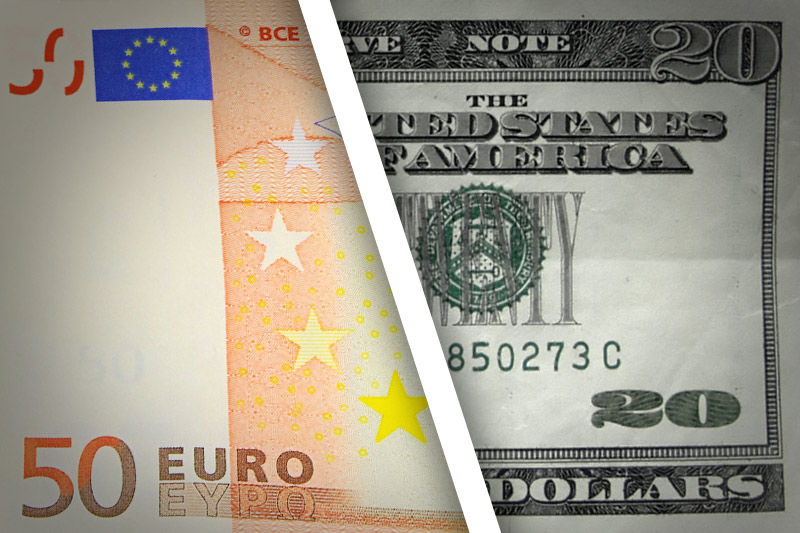Investing.com - The euro pulled back from session lows against the U.S. dollar on Wednesday, after senior European Central Bank policymaker Ewald Nowotny said the euro exchange rate was “not a matter of major concern.”
EUR/USD pulled back from 1.3262, the pair’s lowest since January 11, to hit 1.3308 during European morning trade, inching up 0.02%.
The pair was likely to find support at 1.3247, the low of January 11 and resistance at 1.3392, Tuesday’s high and an almost 11-month high.
The euro weakened broadly earlier in the session after Jean-Claude Juncker, the head of the euro group of finance ministers, said Tuesday that the euro’s value was “dangerously high” and posed a threat to the recovery in the euro zone.
But investors remained cautious amid concerns over the outlook for global growth after the World Bank cut its forecast for global growth to 2.4% this year from 3% in June and warned that developing nations would struggle in 2013.
In the euro zone, data showed that consumer price inflation remained steady at 2.2% in December, unchanged from preliminary estimates.
The rate remains above the European Central Bank's target of near but just below 2%.
Month-on-month, CPI rose 0.4%, above expectations for a 0.3% increase.
The euro pushed higher against the pound, with EUR/GBP easing up 0.14% to 0.8292, but remained sharply lower against the yen, with EUR/JPY down 0.77% to 117.22.
The yen remained supported after Japan’s economy minister said Tuesday that a weak yen could have a negative impact on the economy by pushing up import prices.
The U.S. was to release official data on consumer inflation and industrial production later in the trading day.
EUR/USD pulled back from 1.3262, the pair’s lowest since January 11, to hit 1.3308 during European morning trade, inching up 0.02%.
The pair was likely to find support at 1.3247, the low of January 11 and resistance at 1.3392, Tuesday’s high and an almost 11-month high.
The euro weakened broadly earlier in the session after Jean-Claude Juncker, the head of the euro group of finance ministers, said Tuesday that the euro’s value was “dangerously high” and posed a threat to the recovery in the euro zone.
But investors remained cautious amid concerns over the outlook for global growth after the World Bank cut its forecast for global growth to 2.4% this year from 3% in June and warned that developing nations would struggle in 2013.
In the euro zone, data showed that consumer price inflation remained steady at 2.2% in December, unchanged from preliminary estimates.
The rate remains above the European Central Bank's target of near but just below 2%.
Month-on-month, CPI rose 0.4%, above expectations for a 0.3% increase.
The euro pushed higher against the pound, with EUR/GBP easing up 0.14% to 0.8292, but remained sharply lower against the yen, with EUR/JPY down 0.77% to 117.22.
The yen remained supported after Japan’s economy minister said Tuesday that a weak yen could have a negative impact on the economy by pushing up import prices.
The U.S. was to release official data on consumer inflation and industrial production later in the trading day.
